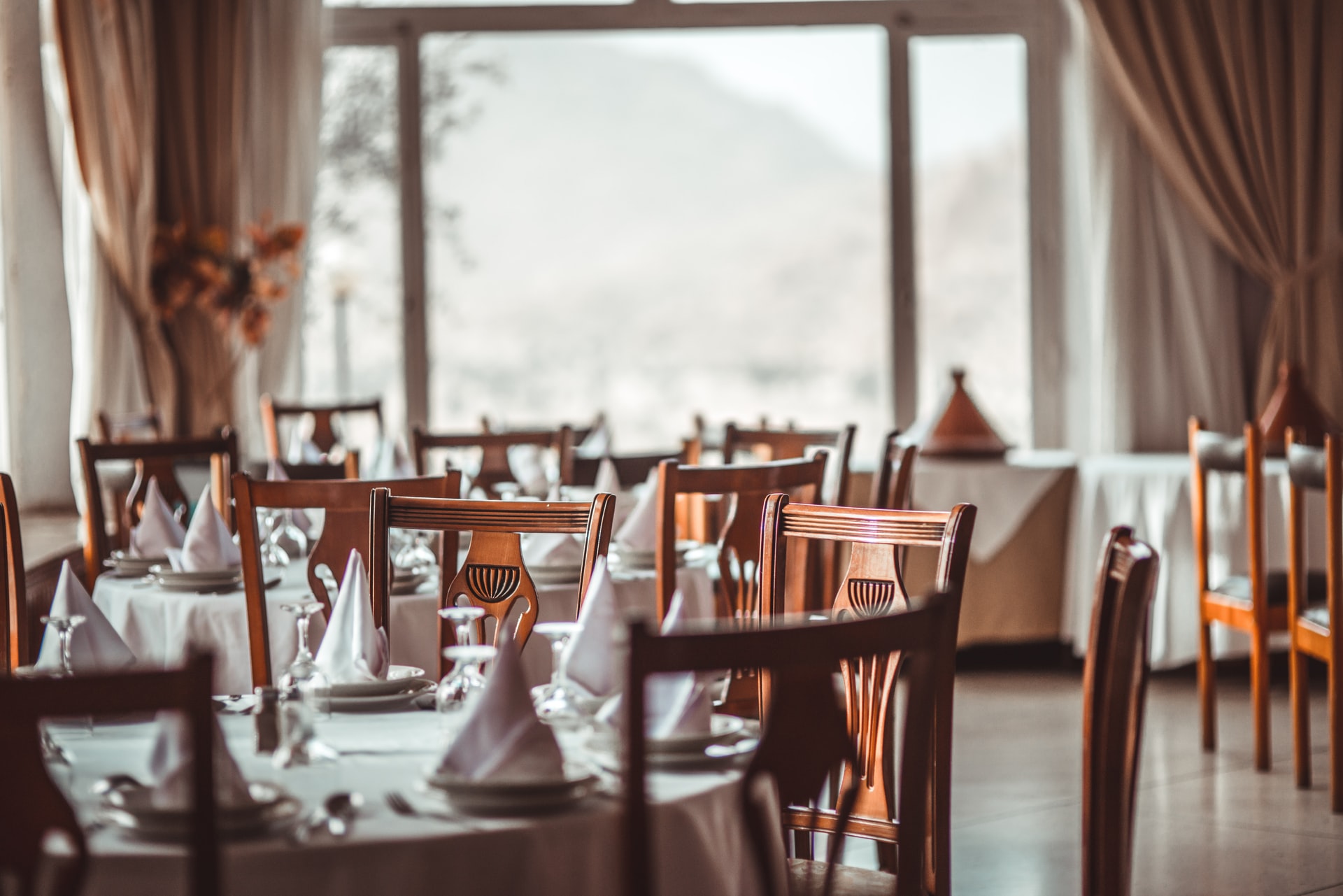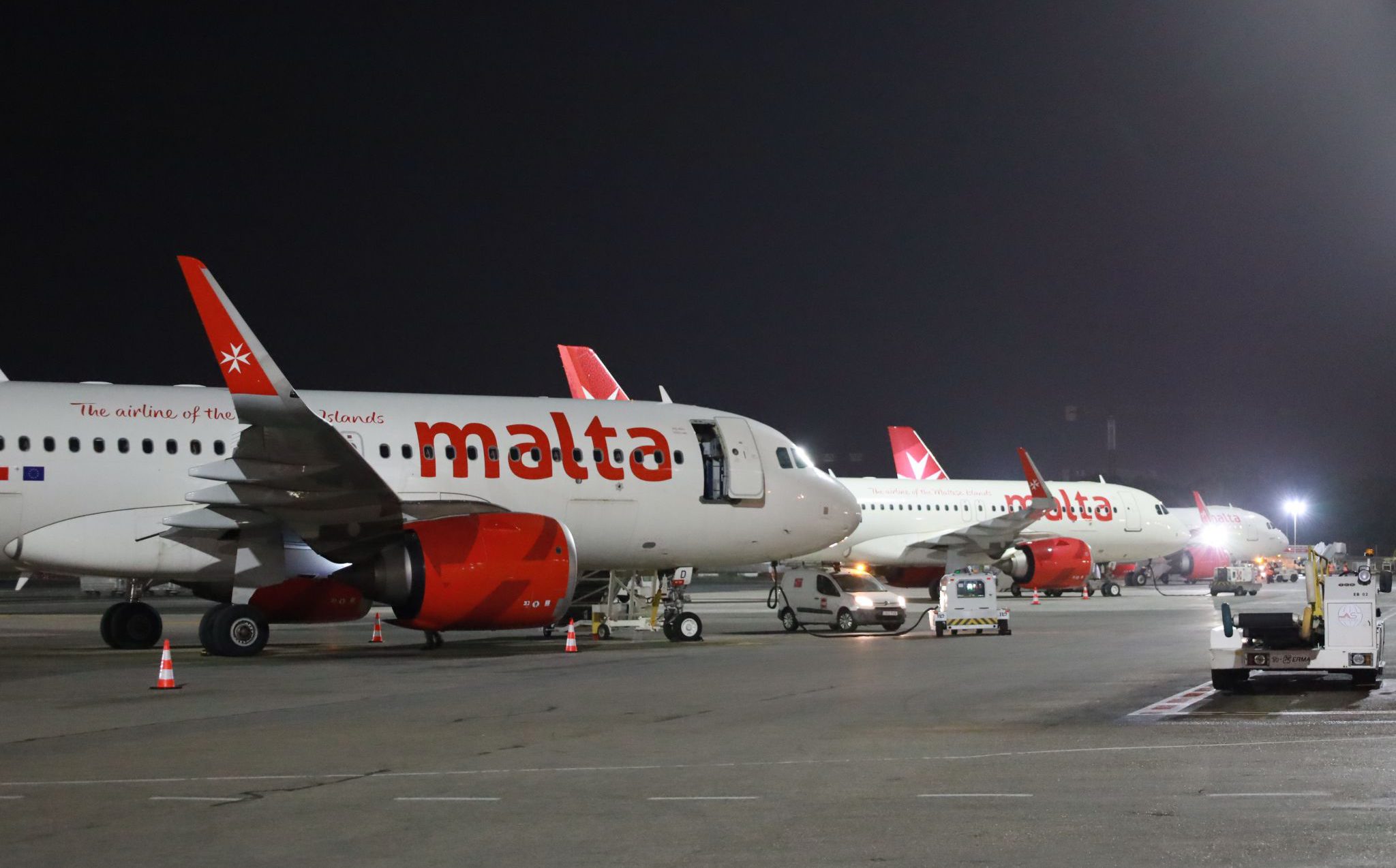The impact of the second round of COVID-19 vouchers on restaurants has been varied, but most stakeholders insist that more is needed for the sector to thrive, as restrictions continue to limit the levels of economic activity restaurants can realistically achieve.
The second round of vouchers, originally intended for last winter, had long been pushed back as the country sought to bring the pandemic under control.
However, as the scheme finally got under way, response was strong, with over €1.5 million being redeemed in its first week.
Daniel Grech, chef patron of the popular Burgers Ink and Shakes ‘n’ Bakes says his businesses did very well with the vouchers.
“The response has been very good,” he said, “and we found the Government vouchers very helpful,” although he concedes that this summer’s performance cannot compare to that of last summer.
“This summer was only good for two weeks before it died down again when COVID-19 cases shot back up.”
He believes the sector will only have some breathing room once the pandemic is brought under control, and encouraged everyone to take the vaccine as soon as possible to avoid further disruption.
“The media’s intense focus on the virus doesn’t help. Of course, it’s their job, and I understand where they’re coming from, but the truth is that we all need to calm down and trust in the vaccine. Only then will people feel confident to go out like they used to, meet friends, eat and drink, and spend.”
A representative of the Ta’ Xbiex family eatery Mamma Mia agreed that the vouchers were of help to the sector, but criticised their timing.
“We really needed them between October and March,” she said. “In summer, people go out anyway, with or without them.”
She says the restaurant mainly feels the effects of the pandemic during the week, when it hosts far fewer patrons than usual.
“Unfortunately, due to the restrictions on the distance between tables, we cannot really make up for it over the weekends,” she explained, and called for a lifting of the restriction in view of the successful vaccination drive.
She described the “selective enforcement” as “maddening”, saying it is a form of unfair competition.
“I see it when I go out to other restaurants and establishments. There are swarms of people standing close together, but there is zero control. Meanwhile, we need to abide by every letter in the book, and we do because we don’t want to break the law.
“But it isn’t really fair on us and others like us who follow the rules,” she concluded.
Oswald Caruana, owner of La Sfoglia in Valletta, has long decried the minimum distances between tables as “senseless” given the inherent space restrictions of most establishments in the capital.
He has also previously pointed out that the proliferation of restaurants means that any economic measures will be spread too thinly to have a really significant effect on the sector.
“The vouchers were good, they gave a bit of a kick, but the impact is spread too thinly, which limits it,” he said.
He believes that some people only went out to eat since the vouchers were not spendable elsewhere.
“For sure there were clients who do not normally go out much, but went out now because they could only use the vouchers at a restaurant.”
Mr Caruana described the last month as a very good one, and singled out investors in boutique hotels for praise for their forward thinking in providing accommodation for tourists with the capital itself.
“A lot of Maltese don’t come to Valletta in summer – it’s more of a winter or mezzutemp destination – but we had a very good response from tourists last month.”
However, he reports that business decreased the moment cases went up, indicating still much-shaken consumer confidence.
He also questioned why arrivals from cruise liners were not being allowed to explore Valletta independently.
“Why aren’t those who are vaccinated not being allowed to restaurants,” he asked. “Why must they remain in a bubble with their guide, and go only to particular museums or attractions, and eat on board their ship? We’re missing out on a great opportunity here.”
Andre Micallef, who serves as head of business development with Marvin Gauci Group, agreed that the vouchers brought in clients who would not otherwise have spent money at a restaurant.
“The scheme gave us a good boost, especially at our pizzeria where we had a lot of new coming to spend the vouchers, and then coming back because they liked the food.”
He said that roughly 40 to 50 per cent of customers across all the group’s establishments paid part of their bill with the vouchers.
“So the impact hasn’t been so small… It’s been pretty good actually. It gave us a bit of a boost.
“I wouldn’t say it was amazing, like last year’s which was of a higher amount, but it was important as gave a push to those people who were thinking twice about coming to a restaurant.”
Mr Micallef also praised the technical side of the scheme, noting that this time round the application used to read the vouchers had made a big jump forward.
“From an administrative point of view, it made the whole thing really smooth, and for guests too, it’s super easy.
“Compared to the issues faced last year, which were several, this year we recorded zero.”
“That’s a really positive improvement,” he said.
Valletta ranks 8th most expensive European capital city to live in – study
While London is the most expensive, Bucharest is the most affordable
KM Malta Airlines cancels flights between Malta and Paris on Thursday due to air traffic control strike
Impacted customers can opt for an alternative flight or apply for a full refund
WATCH: MEPs in dialogue – Financial institutions and over-regulation
This is the third in a series of debates designed to engage citizens in the lead-up to the MEP elections ...






